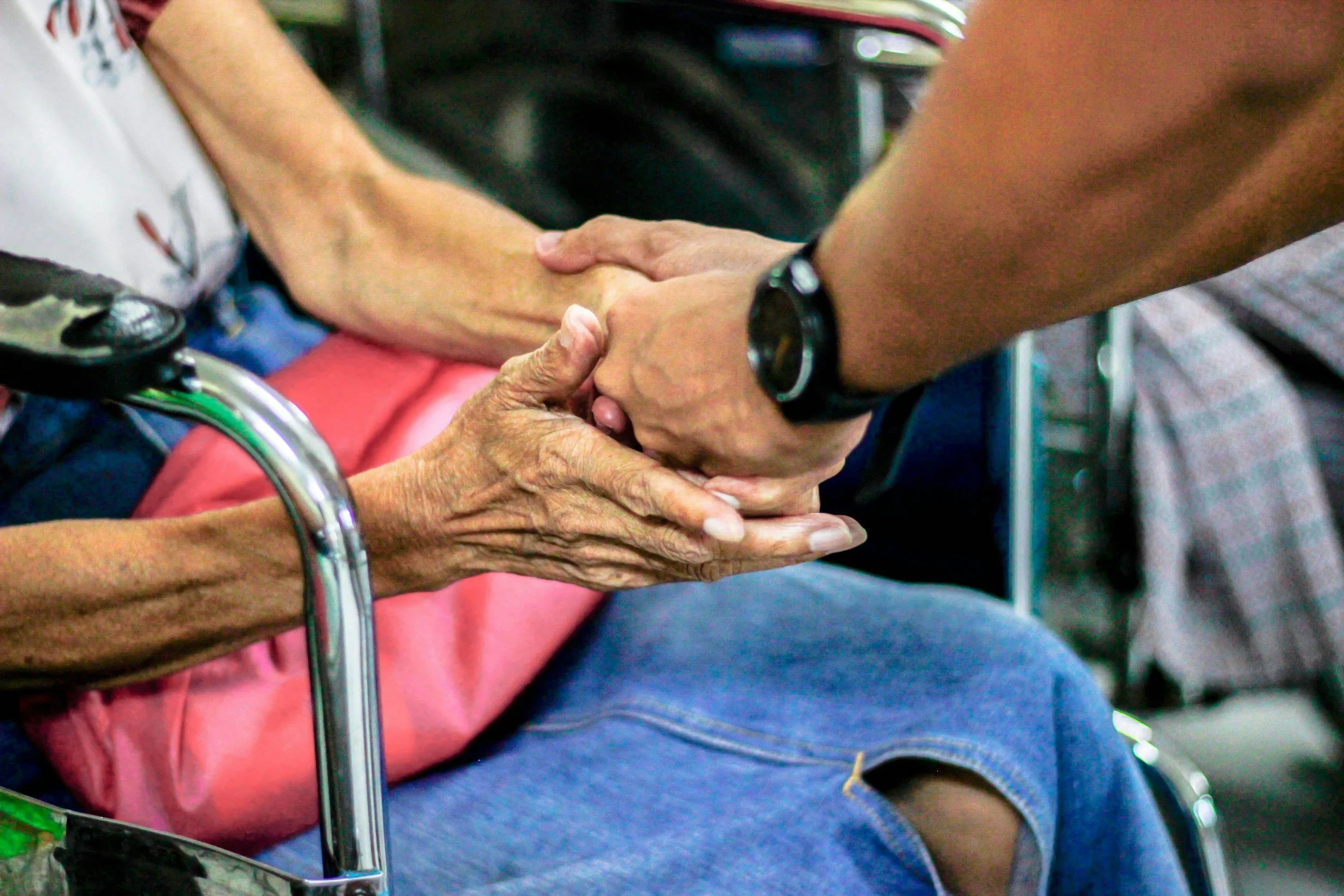Thoughtful reflections, clinical insights, and real conversations.
Our journal is a space where we share what we’re learning, noticing, and thinking. Whether you’re new to therapy, returning after time away, or simply curious about how growth and change unfold, our hope is that these writings offer something useful, grounding, and encouraging. We believe that mental and relational health should be talked about openly and with care, and we’re honored to be part of that conversation.
There’s more to say than what fits in a session.
What happens in therapy is personal, private, and often hard to put into words. But as a team, we spend a lot of time thinking about the themes that show up in the room: grief, identity, healing, relationships, change. Our journal is where we put some of those thoughts into writing. These posts are meant to offer perspective, reflection, and maybe even a little clarity for anyone wondering what therapy is really about, and why it matters.
Journal Categories
- Artists & Creative Professionals
- Child & Adolescent Therapy
- Chronic Illness & Chronic Pain
- Contemporary Relationships
- Couples Therapy
- EMDR & Trauma
- Eating Disorders & Nutrition
- Group Therapy
- Holistic Health & Wellness
- Individual Therapy
- Medication Management
- Parenting & Perinatal Therapy
- Personal Reflections
- Sexual Health & Sex Therapy
- Spiritual Health & Faith Work
- Sport & Performance Therapy
Journal Topics
- ADHD
- Adolescent Therapy
- Affirming Care
- Anxiety
- Anxiety in Children
- Art & Healing
- Athletes
- Betrayal
- Bipolar Disorder
- Birth Trauma
- Body Diversity
- Body Image
- Body Positivity
- Bodywork
- Burnout
- Burnout Recovery
- Caregiving
- Child Therapy
- Chosen Family
- Chronic Illness
- Chronic Pain
- Collaborate Care
- Communication
- Communication Skills
- Community
- Compersion
- Conflict Management
- Consent
- Contemporary Relationships
- Couples Therapy
- Creative Burnout
- Creative Growth
- Creative Identity
- Creative Process
- Creative Vulnerability
- Creativity
- Deconstruction
- Depression
- Desire Discrepancy
- Dietician Support
- Disordered Eating
- EMDR
- ENM
- Early Intervention
- Eating Disorder Recovery
- Eating Disorders
- Embodiment
- Emotion Regulation
- Emotional Connection
- Emotional Eating
When Doctors Dismiss You: Validating Your Experience in Therapy
Being dismissed by medical providers leaves more than just frustration. It leaves shame, self-doubt, and emotional pain that lingers long after the appointment ends. Over time, this kind of dismissal can cause real harm, making you question your own body and experience.
You Don't Have to Be in Crisis to Start Therapy
Many people assume therapy is something you turn to only when things fall apart. A last resort. A life raft. A place to go when nothing else is working. And while therapy can absolutely help in those moments, that’s not the only reason to seek it out.
The Intersection of Identity and Art
Sometimes your art is celebrated, but you feel unseen. Sometimes you are expected to represent your community when you never asked to be a spokesperson. Sometimes the industry wants to box you into a single narrative. These are real tensions, especially for artists whose identities fall outside of dominant norms.
What Therapy Can Offer People Living with Chronic Conditions
Living with a chronic illness or chronic pain condition is often described as a full-time job. It is one you never applied for, cannot clock out of, and rarely get recognition for managing. It affects your body, of course, but it also affects your time, your relationships, your identity, and your emotional wellbeing.
Signs It Might Be Time to Talk to a Therapist
If your stress feels constant, your thoughts feel tangled, or your emotions feel too big to manage, therapy can help you slow down and make sense of what’s happening. You don’t need to have a clear diagnosis or a single identifiable cause. Feeling persistently overwhelmed or anxious is reason enough to seek support.
Building a Creative Life That’s Sustainable
Many creative professionals live in cycles of feast and famine, and the idea of sustainability can feel out of reach when you’re stuck in survival mode. But in therapy, sustainability doesn’t mean achieving perfect balance. It means learning how to honor your capacity, reconnect to your values, and build a creative life that doesn’t require you to burn out in order to belong.
Caring for Yourself While Caring for Others
Whether you’re supporting a partner with chronic pain, parenting a child with a medical condition, or caring for an aging parent with ongoing needs, the reality is the same: your care matters, but it can also come at a cost.
What Does Individual Therapy Actually Look Like?
Therapy isn’t just a place to vent. It’s a space for insight, growth, and healing. A space to explore who you are, how you relate to the world, and what might be getting in the way of the life you want to live.
Creativity and Burnout: How Therapy Can Help
Creative burnout is not just about working too much. It’s often tied to how creativity intersects with self-worth, survival, identity, and community. Many creatives struggle with perfectionism, imposter syndrome, or the pressure to monetize what they love. For others, creative expression has been a lifelong coping strategy, and burnout may signal a deeper need for healing or boundaries.










